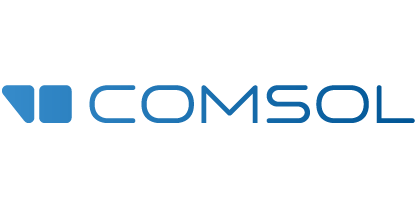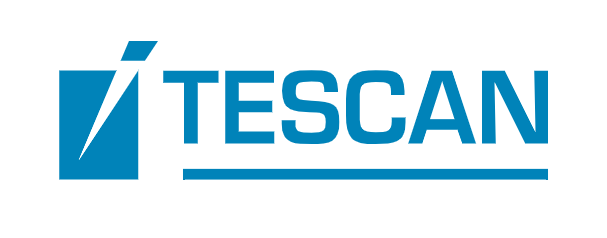Speaker
Description
In finite volume methods (FVM) with explicit time integration, the Courant-Friedrichs-Levy (CFL) number needs to be below a critical value in order to ensure stability and accurate time integration. The CFL criterion provides an upper bound of the time step for every grid cell. In conventional methods, where the same time step is used for all grid cells, the lowest value of this upper bound is chosen as the global time step and it can vary over several orders of magnitude throughout the domain. This can lead to an unnecessarily large number of time steps and, in some cases, a prohibitive amount of computational cost.
Various local time stepping schemes have been developed to overcome this drawback. They reduce the number of time integration steps and computational cost by using customized step size for each cell. However, most of them are asynchronous, requiring very small local CFL numbers or the schemes are not strictly conservative. Jenny (2020) introduced a new adaptive time integration scheme for FVM which is conservative, of high spatial and temporal order, robust and easy to implement. The basis for this scheme is that all local time steps $\Delta t_I$ are fractions of the global time step by powers of two, i.e., $\Delta t_I = \Delta t_{Global} / 2^{L_I}$, where $L_I \ge 0$ denotes the level of the local grid cell. The grid cells are synchronized after each global time step and strict conservation at the global time resolution is guaranteed. This adaptive conservative time integration (ACTI) scheme is combined with a MUSCL scheme with slope advection to achieve second order accuracy in space and time.
In this work, we apply ACTI to transport through fractured porous media. Typically, the fluid velocity within highly permeable fractures is several orders of magnitudes higher than in the rock matrix. Additionally, local grid refinement might be desirable around fractures. Therefore, the CFL criterion requires very small time steps in the vicinity of the fractures. We show, that ACTI can dramatically reduce the computational cost in such a system compared to conventional (global) time stepping, while the time integration error is much smaller than for implicit schemes.
References
JENNY, P. 2020. Time adaptive conservative finite volume method. Journal of Computational Physics, 403, pp. 109067. doi: 10.1016/j.jcp.2019.109067
| Time Block Preference | Time Block B (14:00-17:00 CET) |
|---|---|
| Acceptance of Terms and Conditions | Click here to agree |
| Newsletter | I do not want to receive the InterPore newsletter |






